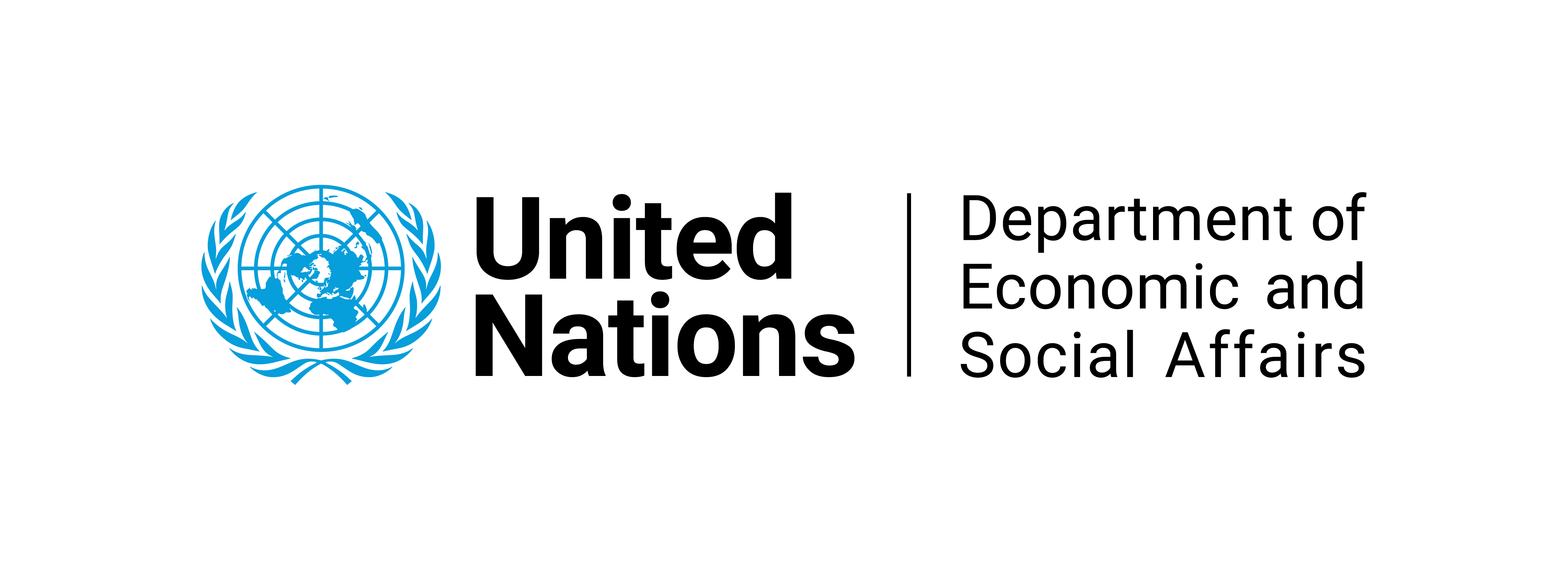5.6 What’s in it for me?#
The NSO senior manager who has read this chapter up to this point is, hopefully, understanding the need for some sort of engagement with the national data ecosystem. However, they are also faced with many other demands for their time and resources. When an NSO is struggling to meet its existing mandates, and the short-term priority is producing key statistics on-time and to an acceptable level of quality, why should they divert precious resources to developing relations which may only lead to benefits in the longer term?
This part of the chapter attempts to show why NSO senior managers should be thinking about engagement with the national data ecosystem, by highlighting the likely beneficial outcomes:
Data
New sources – Actively engaging with data holders across the national data ecosystem can help identify potential new sources of data for official statistics and facilitate an open dialogue on issues of privacy and confidentiality. It has long been accepted that maintaining good relations with the holders of administrative sources is vital to ensure access to usable data from those sources. The national data ecosystem just extends this by bringing in other players from beyond the public sector. See Chapter 9.3 – Administrative sources, Chapter 9.4 – Geospatial data, Chapter 9.5 – Big Data.
Improved quality – Engaging with other players in the national data ecosystem will inevitably involve discussions on data quality. Exchanges of ideas and experiences in data quality management can foster a common understandings of quality issues, leading to significant improvements, for the benefit of all.
Greater interoperability – national data ecosystems open up possibilities for enhanced data resources through data integration and improving the interoperability of different data sets.
Enhanced partnerships
Partnerships which can lead to greater use of and investment in official statistics, as well as supporting the development and use of innovative approaches.
Exchange of skills and knowledge
Collaborating with different players can help in filling the skill gap, as different players can pool in their skills for public good.
Visibility, relevance and, ultimately, survival
If an NSO actively (or pro-actively) engages with the national data ecosystem, it can increase its visibility and enhance its reputation as an organisation that really knows about data. This will lead to the NSO being consulted (and listened to) more often on data issues, ensuring continuing relevance. If not, the NSO risks being left behind, producing traditional outputs, using traditional sources, while the world moves on, and users increasingly turn to other sources for more relevant or timely data. Ultimately this path could lead to questions about whether the NSO is really still needed.
Resources
If an NSO can demonstrate wider benefits for government and society as a whole, by taking an active (or proactive) role in the national data ecosystem, this can be a strong argument to support requests for additional resources. For example, if common standards can be shown to reduce costs and/or improve data quality, it is easier to justify resources to develop, maintain and promote those standards.
